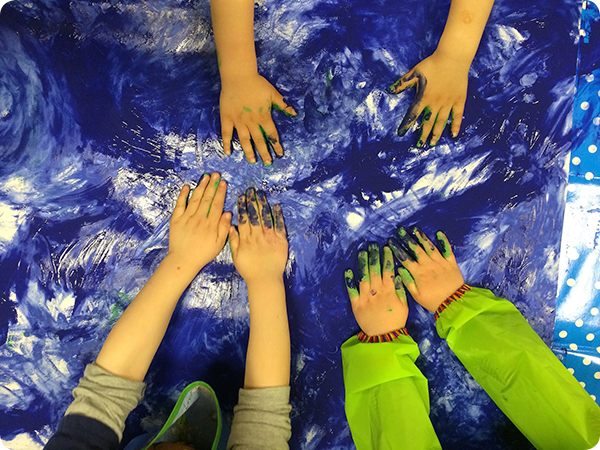
Occupational Therapy (OT) is the science of enabling engagement in everyday living through occupation.
Occupation refers to everything that people do during the course of their everyday lives. Occupations provide us with meaning and purpose, and are essential to our overall health and well-being. Occupational therapists help people to overcome the barriers that can occur if their ability to do the things that are important to them is impacted by a disability or injury.
Children, just like adults, have many occupations and roles in their lives. These may include being a family member, a friend, a playmate, and a student.
As a child’s primary occupation is play, the OT’s at Little Buddies use play as the medium to engage, build relationships, and develop a child’s skills in the areas of:
- Self-care: Feeding skills, dressing, toileting, sleeping and hygiene tasks.
- Productivity: Participation in and enjoyment of school or daycare activities, including tasks such as printing and drawing.
- Leisure: Play and social interaction with peers, participation in sports, hobbies and interests, and extra-curricular activities.
- Social engagement: Engagement in family and peer relationships and developing social skills.
Where some children reach developmental milestones naturally, some children may require additional assistance to develop the same skills. OT’s are trained to adapt tasks and/or the environment to facilitate a person’s ability to complete each task successfully and independently. OT’s tailor their teaching to suit each child’s individual learning needs, and collaborate with caregivers and other professionals (e.g. Speech Language Pathologists, classroom teachers, Behaviour Consultants) to promote the child’s success in all environments.
At Little Buddies, we respect each child’s different learning needs. We:
- Assess each child to determine their strengths and challenges;
- Collaborate with families or other professionals to set meaningful, realistic goals;
- Implement strategies that work for the individual; and
- Empower parents and other professionals to implement strategies at home, school and in the community.
For more information about Occupational Therapy, please click here.

